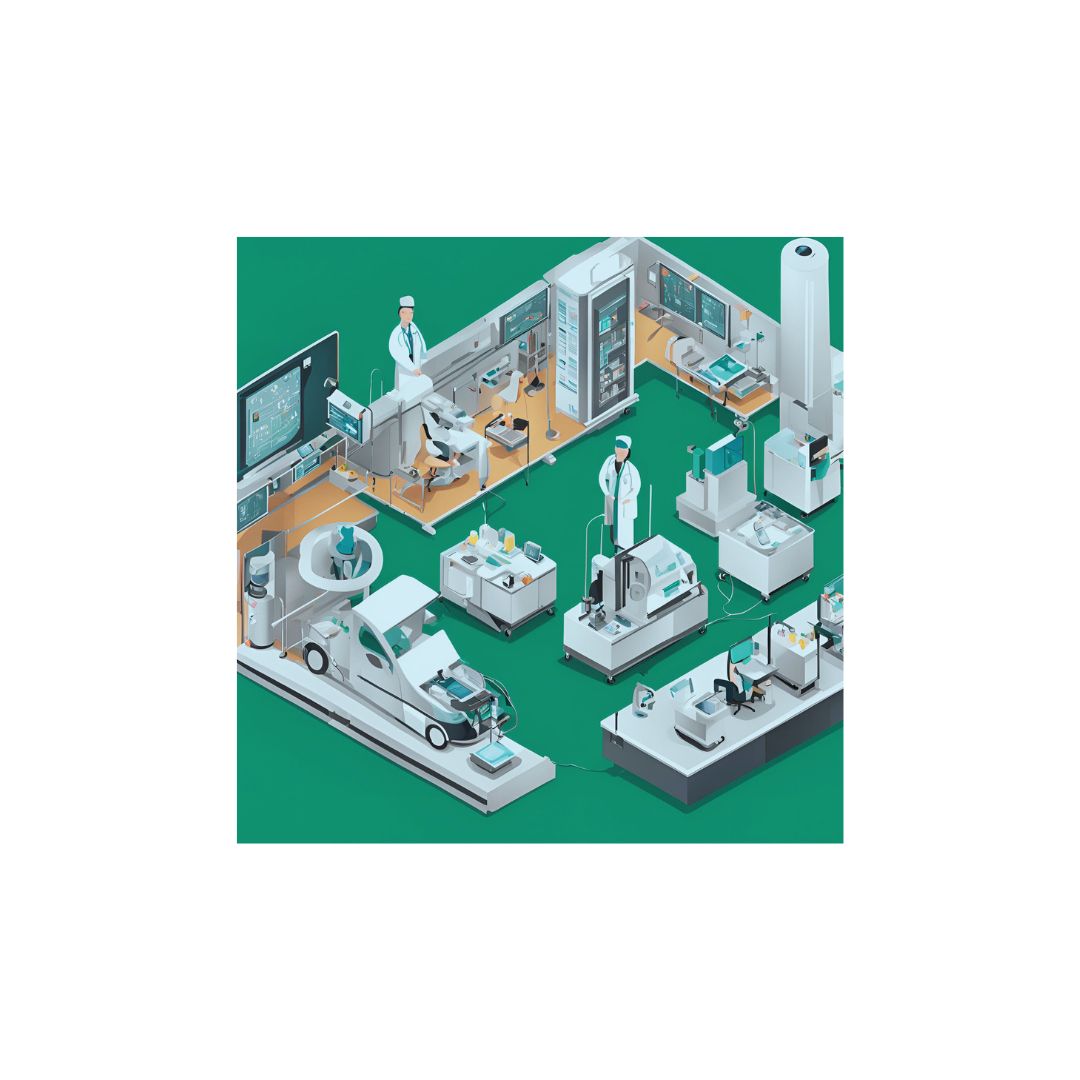
- The healthcare industry is moving from a fee-for-service model to a value-based care model, where providers are paid based on the quality and outcomes of care.
- Clinical engineers can help to select and implement safe, effective, and cost-effective medical technologies.
- Clinical engineers are essential members of the healthcare team, and they will play an increasingly important role as the industry moves towards value-based care.
The healthcare industry is undergoing a major transformation, moving from a fee-for-service model to a value-based care model. In a value-based care system, healthcare providers are paid based on the quality and outcomes of the care they provide, rather than the volume of services they deliver. This shift to value-based care is having a significant impact on the role of clinical engineers.
In the past, clinical engineers were primarily responsible for maintaining and repairing medical equipment. However, in a value-based care system, clinical engineers are increasingly being asked to play a more strategic role in improving the quality and efficiency of care.
Clinical engineers can play a vital role in a value-based healthcare system by:
* Helping to select and implement medical technologies that are safe, effective, and cost-effective. Clinical engineers have the expertise to evaluate medical technologies and to make recommendations on which technologies are most appropriate for a particular healthcare setting. They can also help to develop and implement clinical engineering programs that ensure that medical technologies are used safely and effectively.
* Developing and implementing clinical engineering programs that improve the quality and efficiency of care. Clinical engineers can develop and implement programs that use data to track and improve the performance of medical equipment. They can also develop and implement programs that train clinicians on the safe and effective use of medical technologies.
* Educating clinicians and other healthcare professionals on the safe and effective use of medical technologies. Clinical engineers can provide training and education to clinicians and other healthcare professionals on the safe and effective use of medical technologies. This can help to reduce the risk of medical errors and improve the quality of care.
Here are some specific examples of how clinical engineers can help to improve the value of healthcare:
* Clinical engineers can help to select and implement telemedicine systems that allow patients to receive care remotely. This can improve access to care for patients in rural or underserved areas, and it can also reduce the cost of care.
* Clinical engineers can develop and implement remote patient monitoring systems that allow clinicians to track patients’ health data remotely. This can help to identify and prevent complications, and it can also reduce the need for hospitalizations.
As the healthcare industry continues to move towards a value-based care model, the role of clinical engineers will become increasingly important. Clinical engineers have the skills and expertise to help healthcare providers improve the quality and efficiency of care, and they can play a vital role in reducing the cost of healthcare.
Clinical engineers are essential members of the healthcare team, and they play a vital role in improving the quality and efficiency of care. As the healthcare industry continues to move towards a value-based care model, the role of clinical engineers will become increasingly important. Clinical engineers have the skills and expertise to help healthcare providers improve the quality and efficiency of care, and they can play a vital role in reducing the cost of healthcare.
